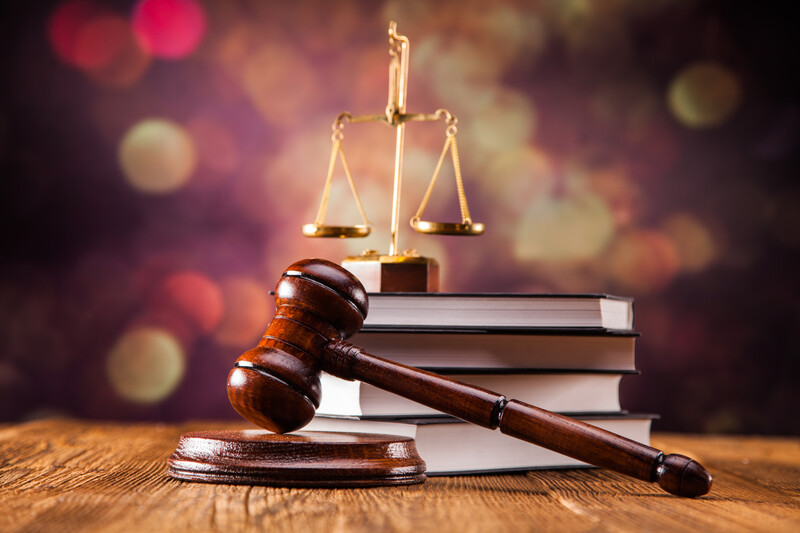There are several laws that have been passed in the past few years that are verging on being draconian. These laws often have a negative impact on the lives of citizens and infringe upon their civil liberties. Some of the most egregious examples include the Patriot Act, the Stop Online Piracy Act (SOPA), and the National Defense Authorization Act (NDAA). Let’s take a closer look at these laws and what they mean for our future!
Draconian Laws And Their Consequences

Draconian laws are harsh and severe, often infringing on the civil liberties of citizens. They can have a devastating impact on people’s lives and should be avoided if at all possible. Having laws that serve to protect us in place is one thing, but when these laws start infringing on our civil liberties it becomes dangerous for society.
The consequences of laws that are verging on being draconian can be severe. They can have a negative impact on our lives and infringe upon our civil liberties. Some of the most harmful consequences include the following:
- They can limit our freedom and restrict our ability to speak out against the government.
- They can lead to government overreach and restrict our right to privacy.
- They can be used to unfairly target certain groups of people, such as minorities or political dissidents.
- They can have a chilling effect on our society, causing people to be afraid to speak out against the government or express their opinions.
- They can cause widespread chaos and mayhem, leading to social unrest and public discord.
5 Examples Of Laws That Are Verging On Being Draconian
1. The Patriot Act
The most obvious example is the USA PATRIOT Act, which has been instated since 2001. It was a 60-day emergency response to the terrorist attacks on September 11th, 2001. The plan included many things such as expanding law enforcement’s ability to search telephone, e-mail communications, medical and financial records of people suspected of participating in terrorism. It also included a new ability to seize personal information about American citizens, including names and addresses.
2. The NDAA
Another example is the National Defense Authorization Act (NDAA) , which was passed by President Obama on December 31st, 2011, despite the fact that it wasn’t passed by Congress. The NDAA was criticised by many civil liberties groups for being unconstitutional because it allows the military to detain U.S. citizens indefinitely without a right to a trial or an attorney if they are suspected of terrorism or other crimes against national security.
3. Stop Online Piracy Act (SOPA)
The third example is the Stop Online Piracy Act (SOPA), which was introduced by Representative Lamar Smith of Texas. The aim of the bill, as stated on his website, is to “protect American intellectual property from counterfeiting and piracy.” The means to this end would be to give both the U.S. Department of Justice and copyright holders the power to demand that search engines delete links to websites that we’re hosting or facilitate the download of infringing content. Opponents argued that this legislation would threaten free speech and innovation, and was an attack on Open Domain (the concept of treating all sites as created equal).
4. The Cyber Intelligence Sharing and Protection Act (CISPA)
The fourth example is the Cyber Intelligence Sharing and Protection Act (CISPA). This act was passed by the House of Representatives. CISPA would allow the government to share classified cyber-threat information with private companies, including content on their users’ computers …
5. The National Security Letter (NSL)
…which is why the fifth example, the National Security Letter (NSL), is so controversial. The NSL was part of the Patriot Act and allows the FBI to request personal customer records from telecommunications companies, financial institutions, credit agencies, and others without a warrant or subpoena. It prohibits the disclosure of information that authorities have used an NSL to obtain records on citizens’ activities.
How To Avoid Draconian Laws
Here are a few tips on how to avoid laws that are verging on being draconian:
- Educate yourself about the laws and how they could affect your life: Know what you are up against and how it will affect your freedom.
- Speak out against the laws and voice your concerns to your local representatives: The best defence against draconian laws is to make your voice heard by those in power.
- Join or support organisations that are fighting for civil liberties and human rights: Make sure to do your homework and choose a cause that you believe in. Those in power only listen when there is an organised force speaking out against them.
- Use your social media platforms to raise awareness about the laws and how they could impact our society: Social media is a powerful tool and it’s all the more helpful when used for good.
- Support companies and websites that are fighting against these harmful laws: Make sure to patronise and support these companies and websites. Encourage others to do the same!
It’s important to be aware of the laws that are being passed in our society, as they have the potential to drastically impact our lives. The Patriot Act, Stop Online Piracy Act (SOPA), National Defense Authorization Act (NDAA), and Cyber Intelligence Sharing and Protection Act (CISPA) are all examples of legislation that have been criticised for infringing upon our civil liberties. It’s crucial that we speak out against these laws and make our voices heard by those in power. We can also support organisations that are fighting for human rights and civil liberties, as well as companies and websites that oppose these harmful laws. By doing this, we can help keep our society free and open!







Add Comment